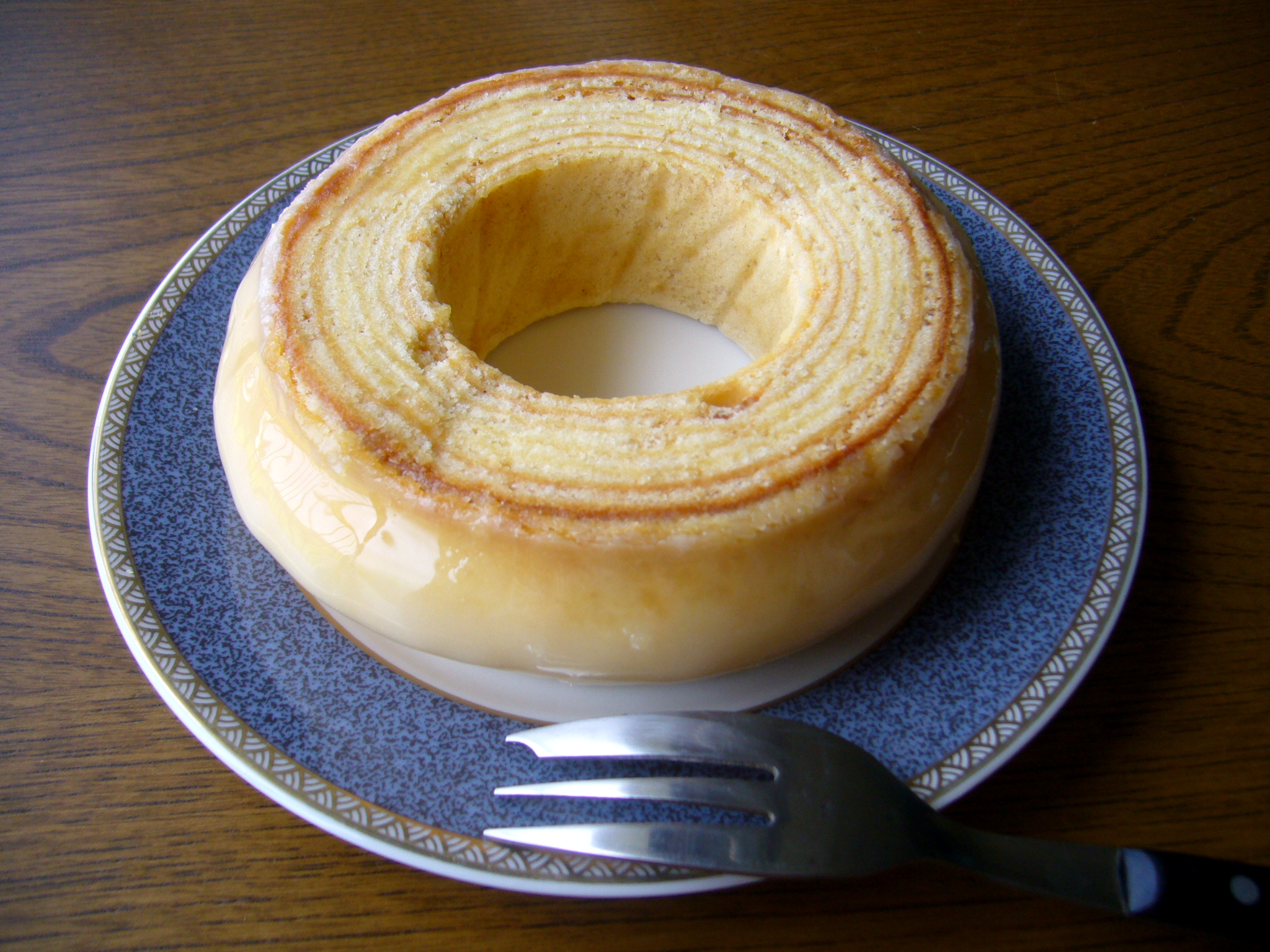Photo by Tiffany RanLast October, Mistral Kitchen’s young and bubbly chef Taylor Cheney became the unlikely face of the restaurant’s Middle Eastern Monday night pop-up, Arabesque. The pop-up, born from the Middle Eastern family meals that Cheney prepared for the Mistral staff, featured an array of authentic Egyptian dishes, but will adopt a Palestinian menu starting next week. Though her culinary inspirations — from her eleven-year-old dreams of Chez Panisse and her experience cooking at the foothills of Mount Sinai — may seem diverse, her food continues to be driven by one important value: hospitality. SW: How did you get your start in cooking?Cheney: My first restaurant job was at Cutter’s [Bayhouse] as a pantry cook. The more I read and the more I was learning in [culinary] school, I was like, “I want to do more than this.” So I applied to a bunch of places. I don’t know how I got this job with barely any experience, but I ended up working at Lampreia for a long time. I was [Scott Carsberg’s] stage. That was really tough. He’s very serious about what he does. He made me the cook I am today. He was very strict and was a huge influence on me. I ended up getting to be his sous chef there. You became his sous, so I guess you did something right. But how tough was the initial ass whooping?I remember my first day at Lampreia. I will never forget it. I did not know what I was getting into. I went in and I just got yelled at. Like, I didn’t set down the plate in the right way or something. He’s very meticulous, a perfectionist to the extreme. At the time, I didn’t know why he was doing that. It was very tough for me. I remember, as soon as I walked out of the restaurant, I just cried the whole way home. I had a five block walk to my apartment and tears started going down my face. I remember getting home and thinking, “There’s no way I’m going to take this job.”I woke up the next day and just thought, “This is it, Taylor. This is make it or break it. Do you want to do good food, or be mediocre?” He was so tough on me. It was over little things that people would laugh about. Later on, the more he eased up on me, the more I realized that he was just trying to make me the best cook I could be. It got better towards the end. Outside of food, what was a notable aspect about your recent trip to Egypt?Just the experiences I had with the people. I would say that even triumphed over the food. People there don’t have the mentality of like, “Oh, I bought you dinner so you owe me one,” or “Oh I made you dinner so you owe me one.” It’s just, giving is a huge thing and they don’t want anything back from you. I’ve had people say to them, “Oh, she’ll get you back,” and they’ll reply like, “No no no, what do you mean get me back?” My favorite story was when [my guide and I] were by the Pyramids. That’s actually the most dangerous area. That’s one thing that’s like, there are very generous people there but there will also be those that try to charge you for crossing the street. They’ll try to rip you off for sure. So we go and park, and my guide had to pull around the parking lot. He left me for a total of five minutes. I saw this girl behind me — a very young and beautiful girl — and I saw her staring at me. She saw these guys who were looking at me. She was watching out for me. I started walking and all these guys started getting into my face and speaking Arabic, yelling at me and trying to intimidate me. I didn’t know what they were saying and I didn’t know what they were going to do. The young girl came out. She said, “Take my hand, take my hand.” She grabbed my hand and she pulled me up this mountain. She pulled me up and she was yelling at them, probably saying, “You should be ashamed, you should be ashamed.” She held my hand tight, pulled me away from the guys, and helped me find the guide. She said, “Here, don’t listen to those guys. Don’t let them scare you.” That’s an Egyptian for you. They’ll help you with anything. How did you get to be curious about Middle Eastern food?I lived on Capitol Hill and I lived next to the English Language School. There were these apartments that were filled with Saudi Arabian guys. They would always chit chat and they would invite people over all the time. They were very hospitable. You would go over to their house and they would make tea and make a hooka for you. They would try to make food or I would make food. They would say, “Oh, you’ve got to learn how to make this dish. If you make this dish, I’ll make you hooka.” It was like this trade. I started to make the one dish that really got me into Middle Eastern food. It’s called, “kabsa.” It’s famous mostly in Saudi Arabia but they make it in other countries too. It’s like a dish where you stew chicken or lamb. You take it out and you cook the rice in the liquid, the flavorful liquid with the cardamom and cinnamon. There are sometimes onions, potatoes, and all kinds of stuff. Sometimes they do it with fish in the gulf areas. They would eat [it] with their hands and I just loved how it was always about sharing and being generous to people. That was the moment when I really got into it, this trade of, “Okay, if you make this then I’ll make you hooka and tea tonight.” I loved the tea that went with hooka so I would be like, “Okay, I’ll make anything for hooka and tea.” Did you experience this kind of hospitality growing up?The whole hospitality thing probably stems from my mom. Growing up in church and stuff, she would cook for them. We had a quinceanera for our Spanish class and of course, she made mole for the whole class and made tortillas from scratch for like 100 people. That was just the way she was. Anything that she could give back to comfort people, she loved it. My mother was the most fantastic cook. She passed away, but she was the most fantastic cook and everyone in our community knew it. She was the kind of mom that would roll out pasta and make her own sausages. We had canned jams and pickles, and everything we ate came from our garden.I didn’t realize it until I went to other people’s houses that I was so lucky to have a mom like that. She knew I really loved [cooking] and she would encourage me a lot. She bought me a cookbook — which was probably the reason I started cooking — called, “Fanny at Chez Panisse.” It’s a children’s book with illustrations and recipes. It was Fanny talking about her mom being a chef. I was obsessed with it. For my 11th birthday, I got to go to Chez Panisse. That was my dream. I guess that’s kind of where I got my start.If there was another part of the world where you would choose to dedicate the same amount of energy and time to learning the cuisine, where would that be?Indian food, probably. That’s on the bucket list. I want to go to India so bad. For staff meal, if I’m not making Middle Eastern, I’m either making Mexican food or something like traditional Indian food. [What] those three things [have] in common is that they have spices, and I love things with spices.
More Stories From This Author
For 50 years, Zeke’s off US 2 has served delicious burgers
It’s been a popular pit stop in Gold Bar for skiers and hikers, and the same family still runs it.
By
Evan Thompson • June 6, 2019 11:05 am
With ‘Game of Thrones’ ending, it’s time for a proper feast
How to make a meal inspired by the Lannisters’ and Starks’ world, fit for the King in the North.
By
Ben Watanabe • May 15, 2019 1:30 am
Stash Box: 2016-2019
Time to roll one for the road …
By
Meagan Angus • February 26, 2019 3:15 pm






